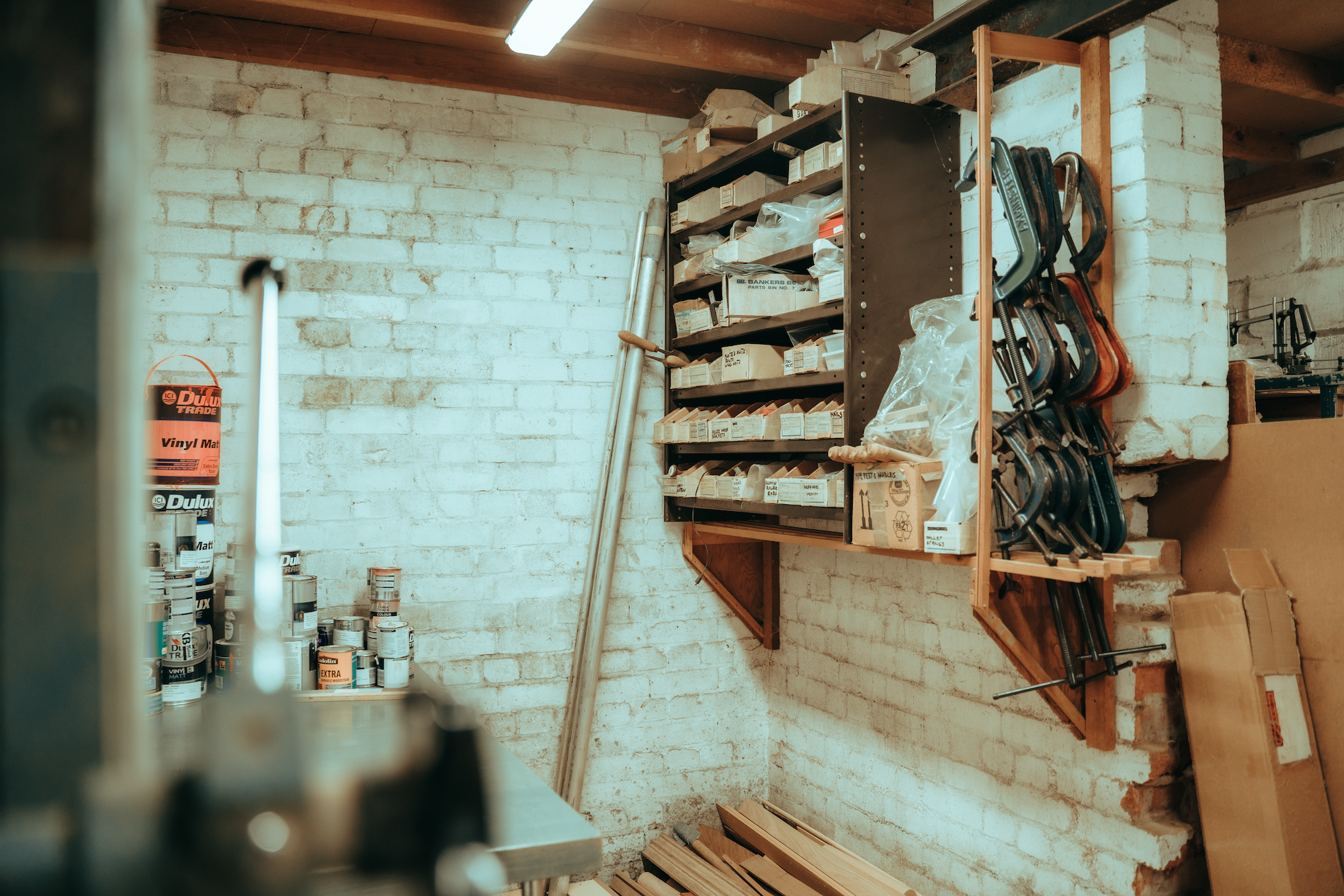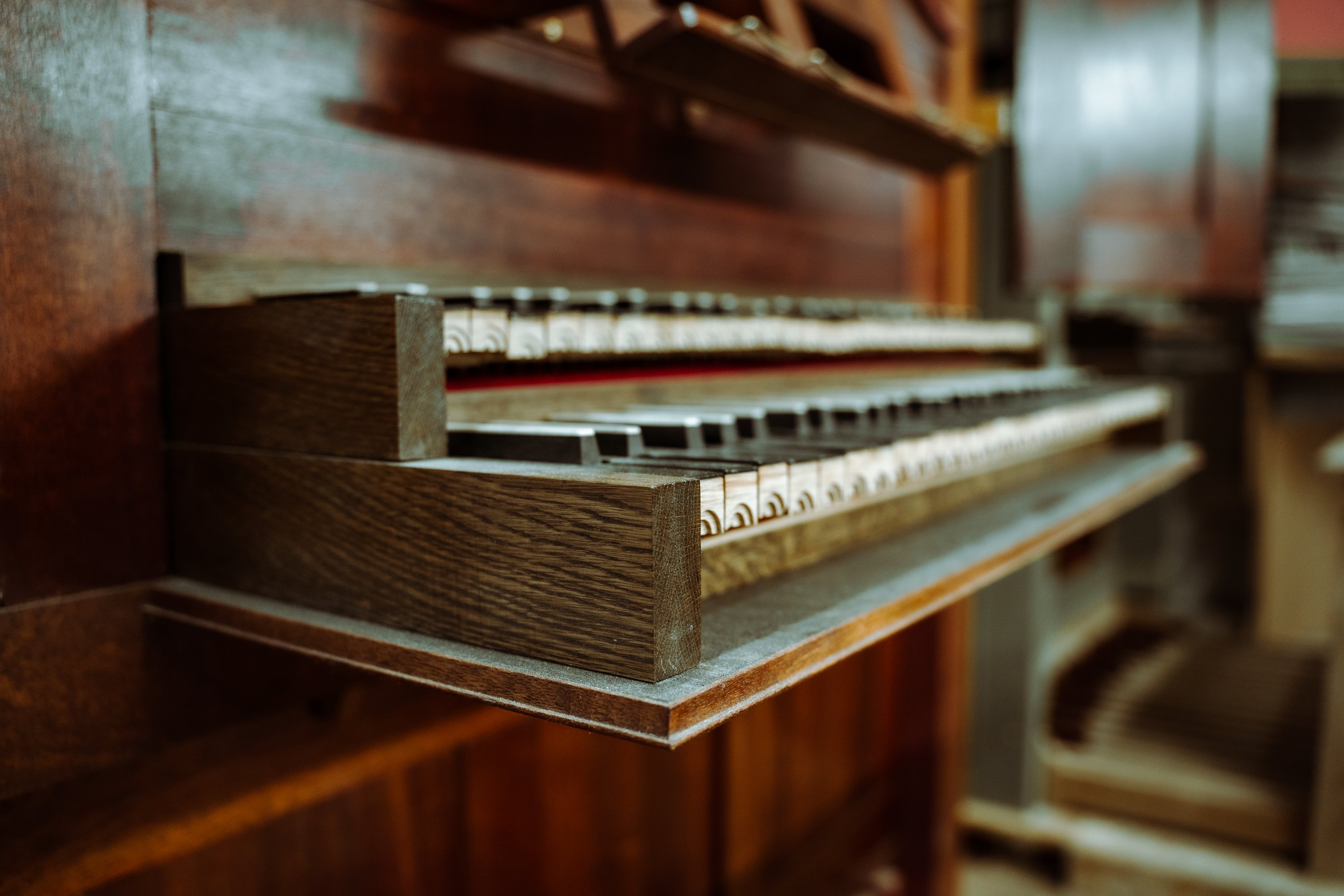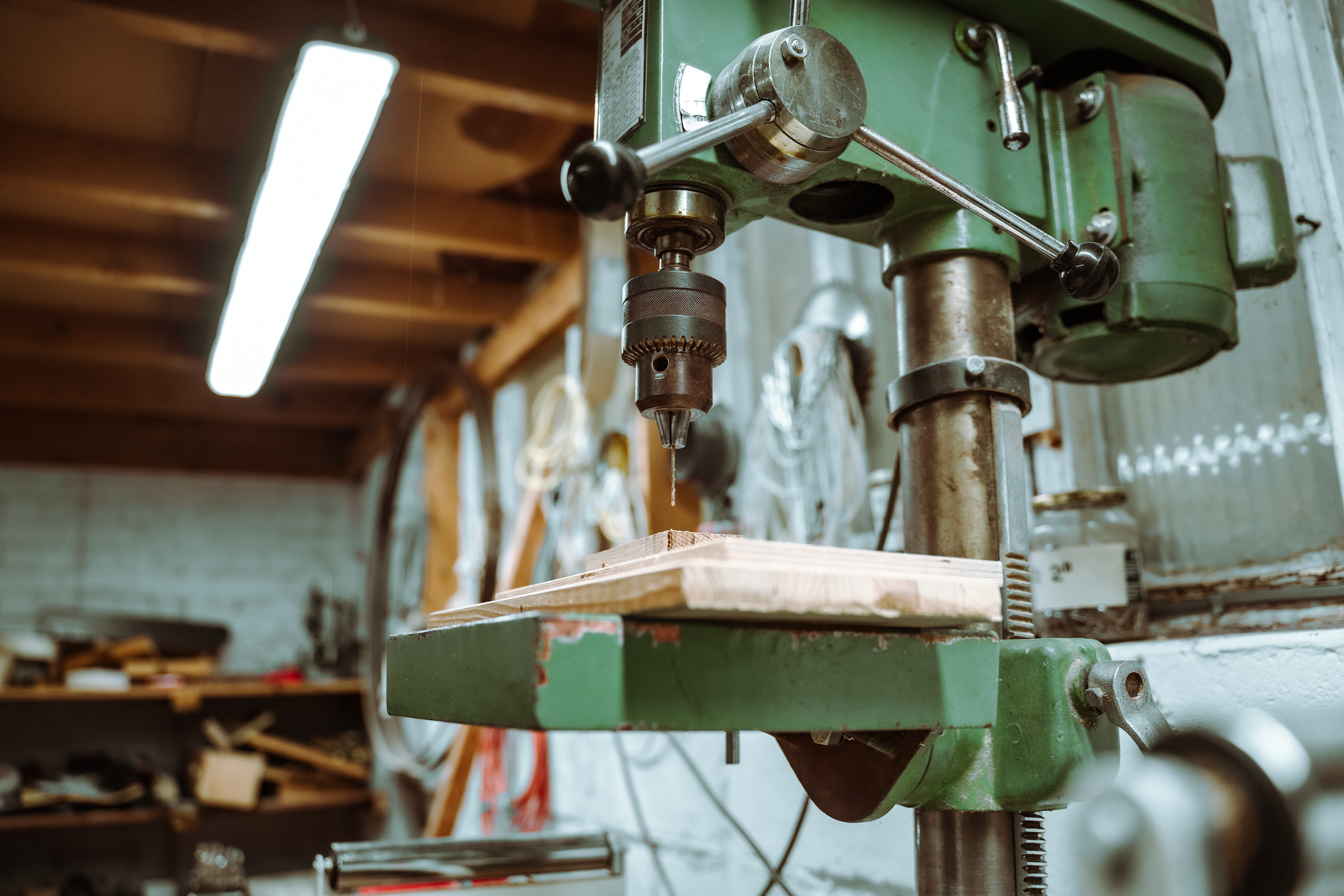A magical musical world
Tucked away in one of the original buildings at Clopton Park is a magical workshop where Roger Pulham casts his spell, creating hand-built pipe organs in use all over the world.
He was one of the first to occupy the site in 1979 on the derelict United States Air Force base that housed almost 3,000 personnel for the 493rd heavy bomber group, up to 1945. His workshop was originally a generator building.
A chartered architect and professional organist, Roger has a passion for music and the magnificent pipe organs that play it.
“There are 300 years of classical organ music out there, you can’t have one instrument that can play all the different styles,” he explains.
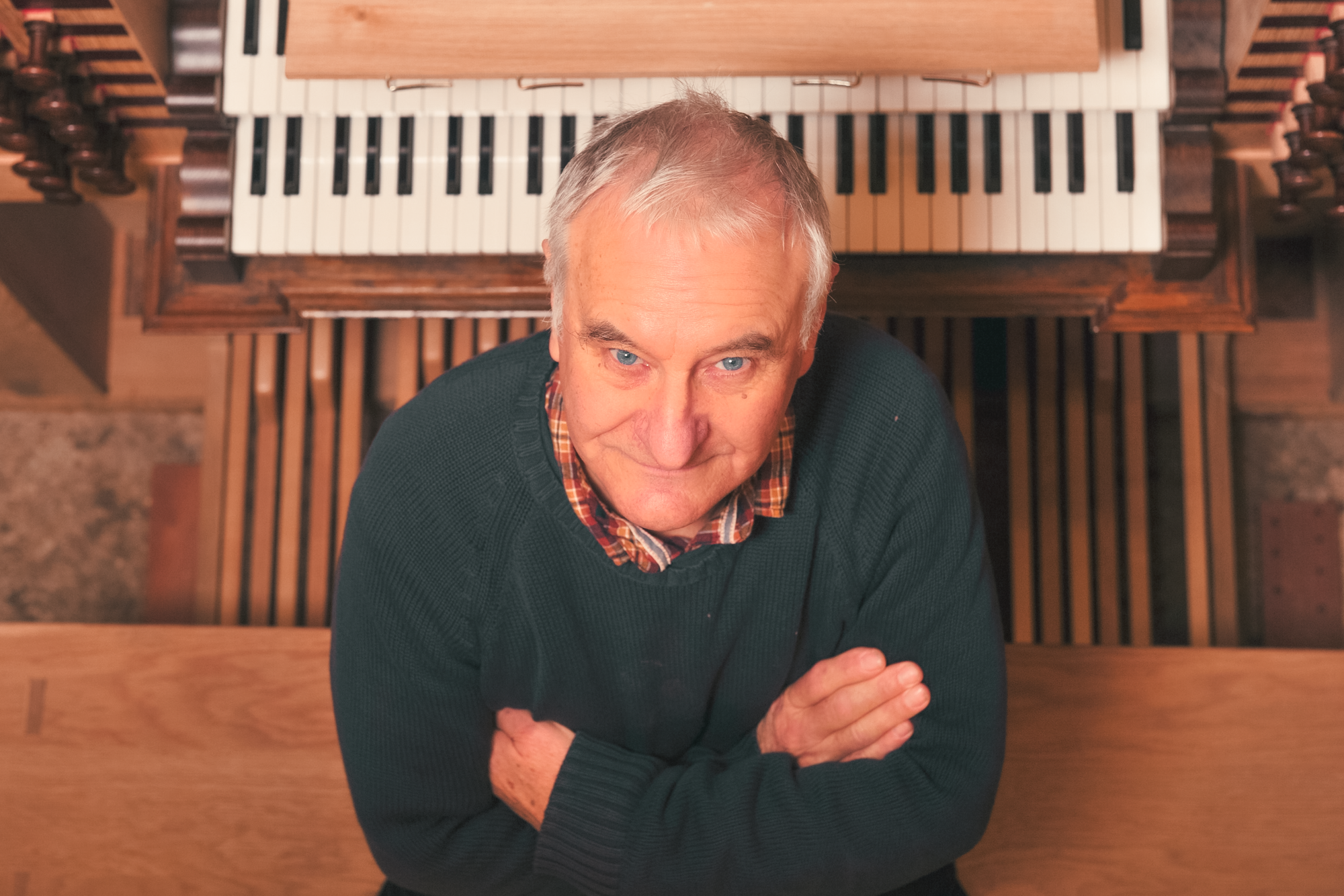
"There’s a breadth of sound created
by a pipe organ that is never the
same through speakers."
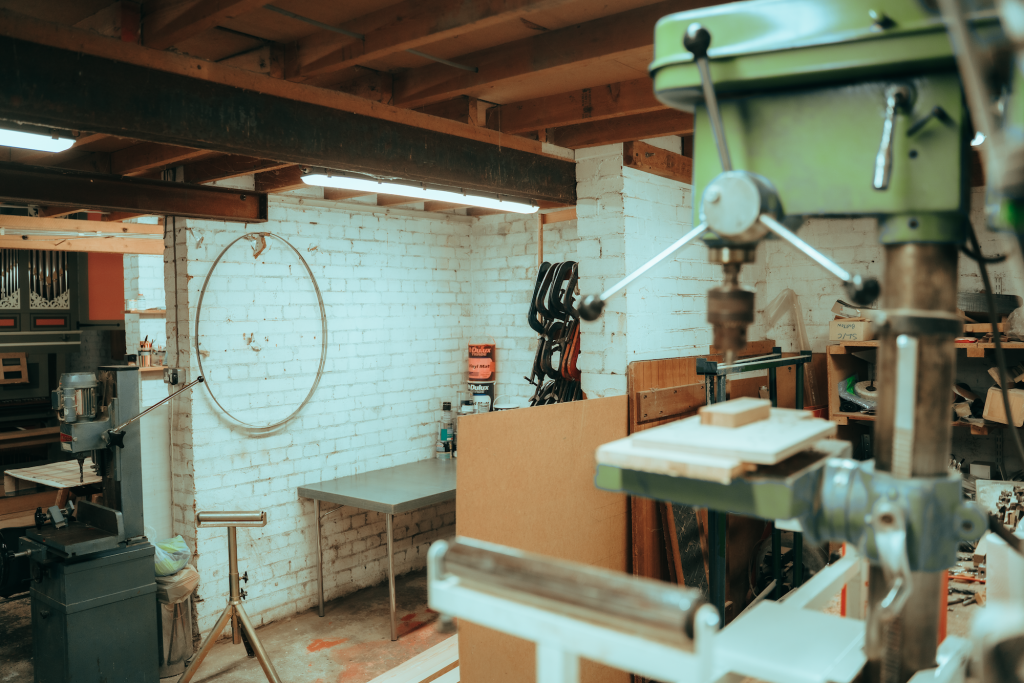
Roger’s architectural talents have allowed him to recreate some of the finest organs by painstaking research and a detailed technical knowledge of the craft: “The mathematics of it are simple, but there are very few original drawings.”
The unique sound and aural perception created by metal and wood pipes cannot be replicated by electronic versions that “sample” the sound, Roger says. “There’s a breadth of sound created by a pipe organ that is never the same through speakers.”
Seeing the hand-crafted pipes of wood and metal in his workshop, each one signed and dated by the maker, you appreciate the demands of designing and building an instrument of this complexity. For every “stop” (a push-pull knob for each sound), there is a different set of pipes. It’s not unusual to have well over 1,000 in one organ.
It’s not just a question of making the wooden pipes, which Roger does himself along with the decorated case (even Chippendale made cases, so he’s in good company). The mechanical links are all hand-made and assembled: there are no electronics here! The metal pipes are made in Leeds by hand out of pewter or lead, with added gold leaf on the “mouth”. But that’s only the beginning. Every pipe then has to be tuned.
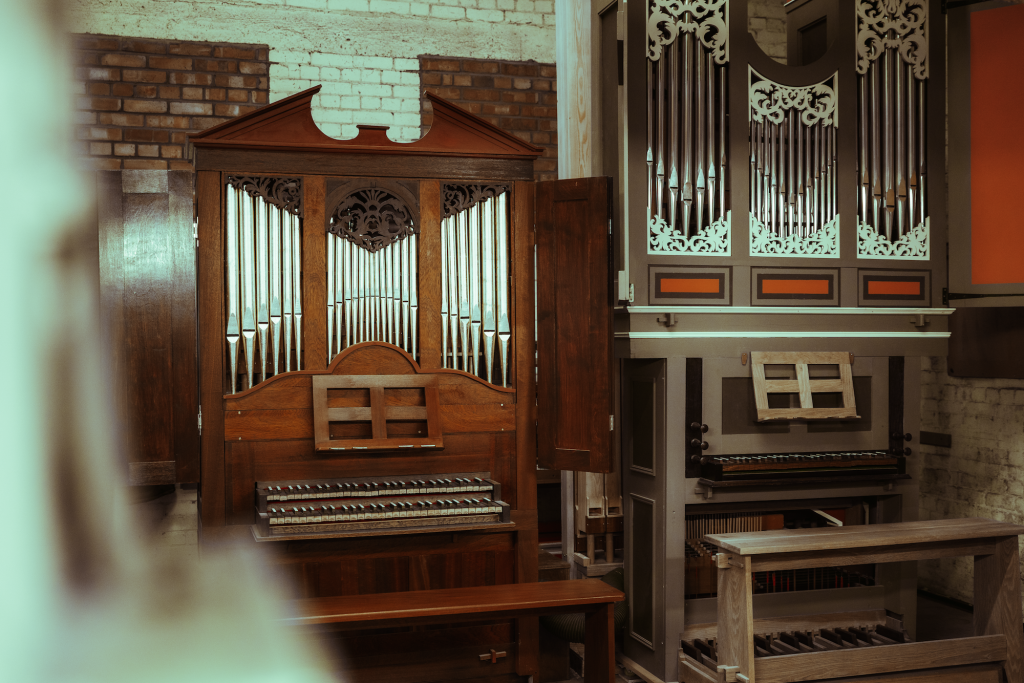
“I gradually tune each pipe and map them so they act in harmony with each other. I’m painting a picture in sound, it’s like a colour-matching process.”
Roger concedes that electronics plays its part as he brings out a Korg digital tuner: “The organ has to be in tune with the human voice.”
His experience of playing organs across the world gives him a special perspective: “I’ve played them all!”
Pushed to name a favourite, he selects the huge organ at St Laurens Church in Alkmaar, Holland. A 1755 Silbermann organ in Dresden and a Benedictine Abbey in Alsace are also on his list.
The worldwide nature of his business has seen him build more than 30 organs, most for the UK. But others are in use further afield, including one built to play the organ music of 18th Century France, shipped out (all two tons of it) to Perth, Australia. The aesthetics of the design and case are as important as the sound: “We don’t want horrible things that look like radiators!”
There are fewer pipe organs being created today, but the skills, craftsmanship and passion live on at Clopton Park in Roger Pulham’s workshop.

Roger Pulham
Carpenter & Specialist Organ Maker
Unit 1B
Each Tenant Has A Story
-

Visual merchandising for top brands
Our business stories: inspiration at Clopton Park Many top brands looking for original retail or event displays, or head-turning...- March 24, 2023
-
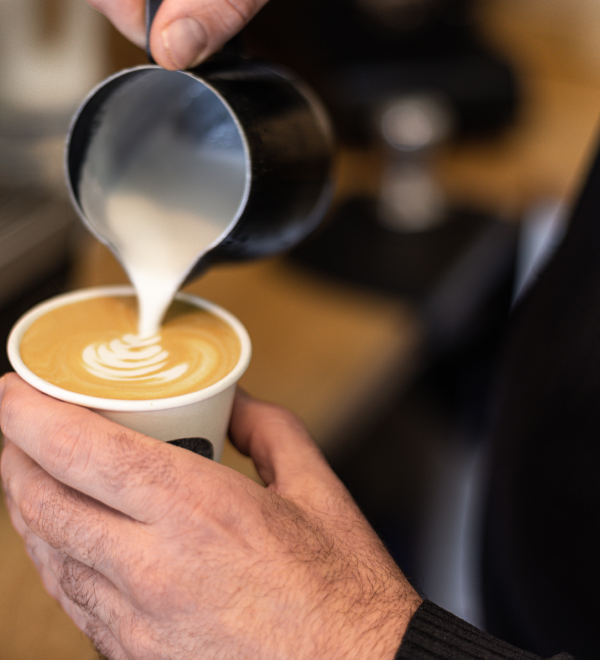
More than a caffeine kick
Our business stories: inspiration at Clopton Park The best kept secret in Suffolk nestles at the entrance to Clopton...- June 5, 2023
-
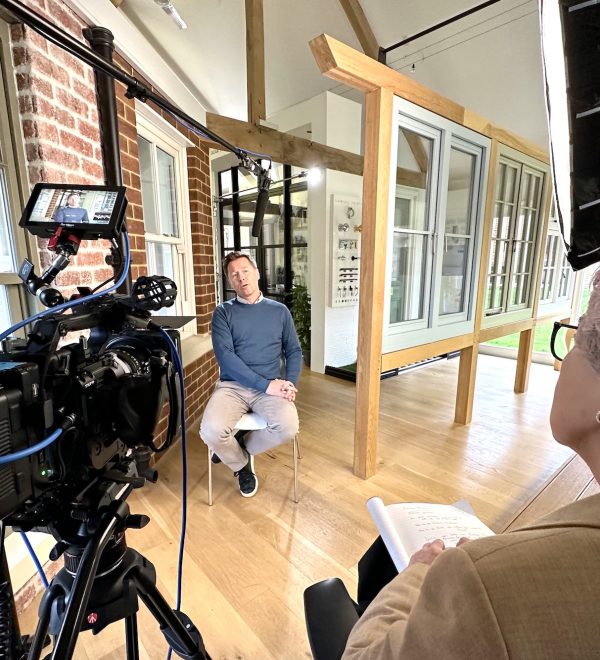
From training videos to hot-rod racing
Our business stories: inspiration at Clopton Park Creativity and innovation are the driving force behind Summer Isle Films founder...- April 28, 2023
©2022 Clopton Park. All Rights Reserved. Designed by Creightive
©2022 Clopton Park. All Rights Reserved. Designed by Creightive

